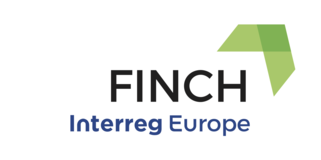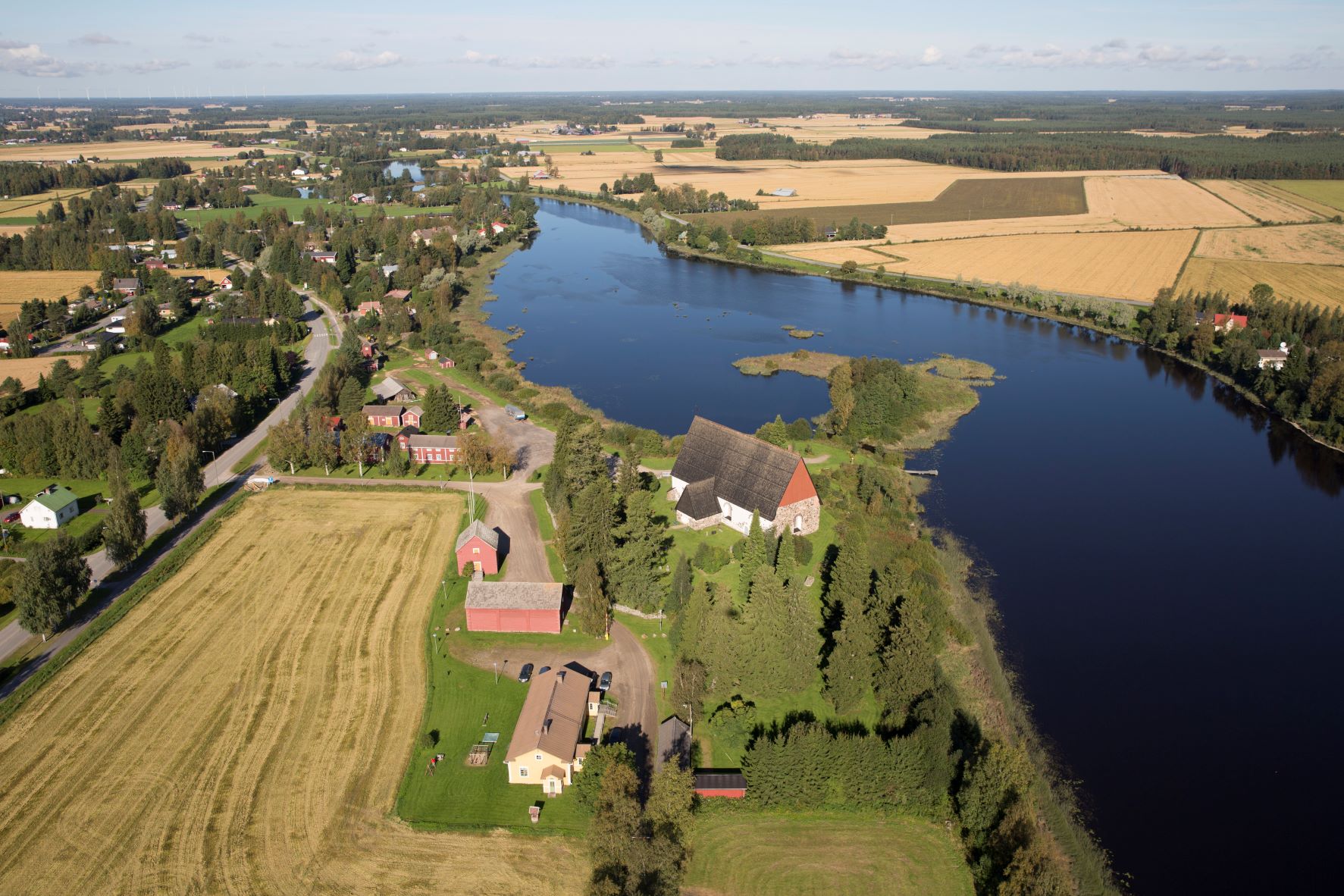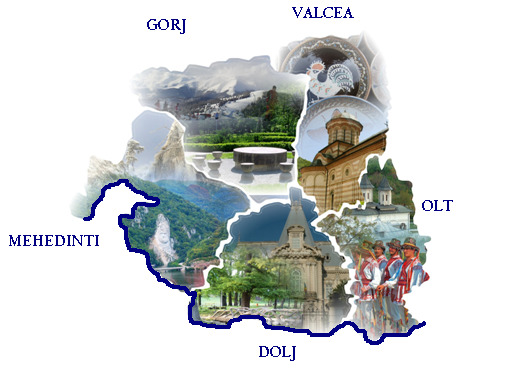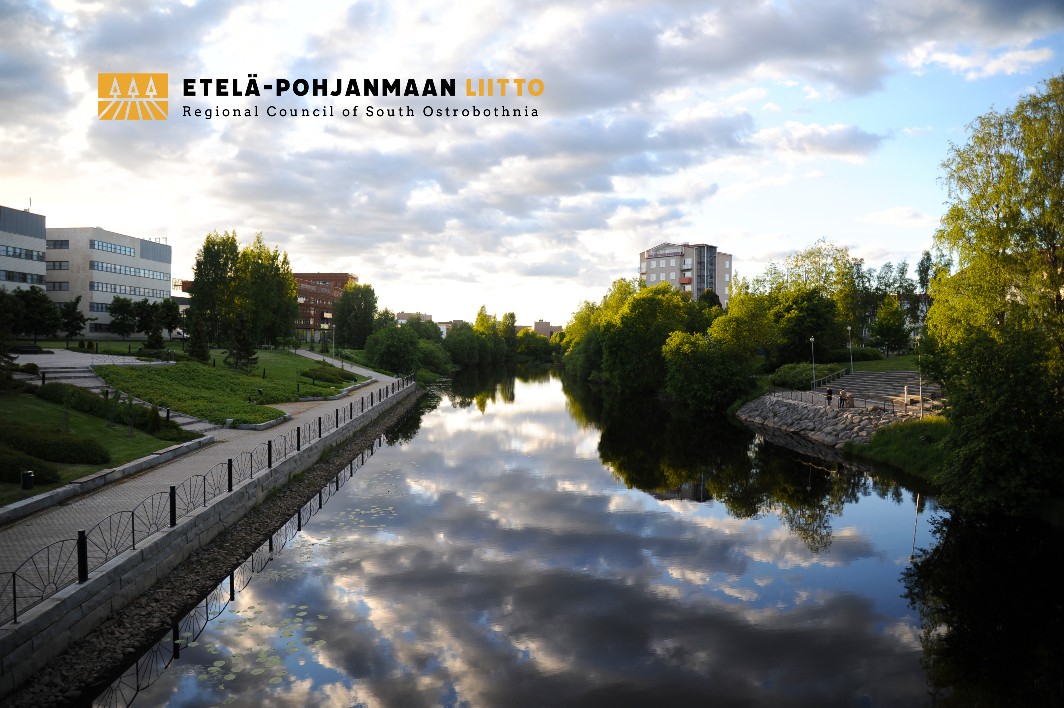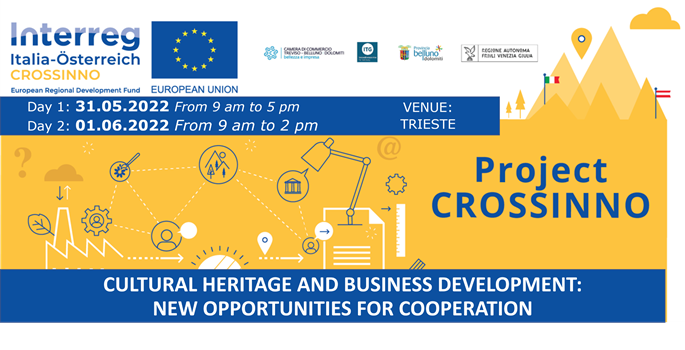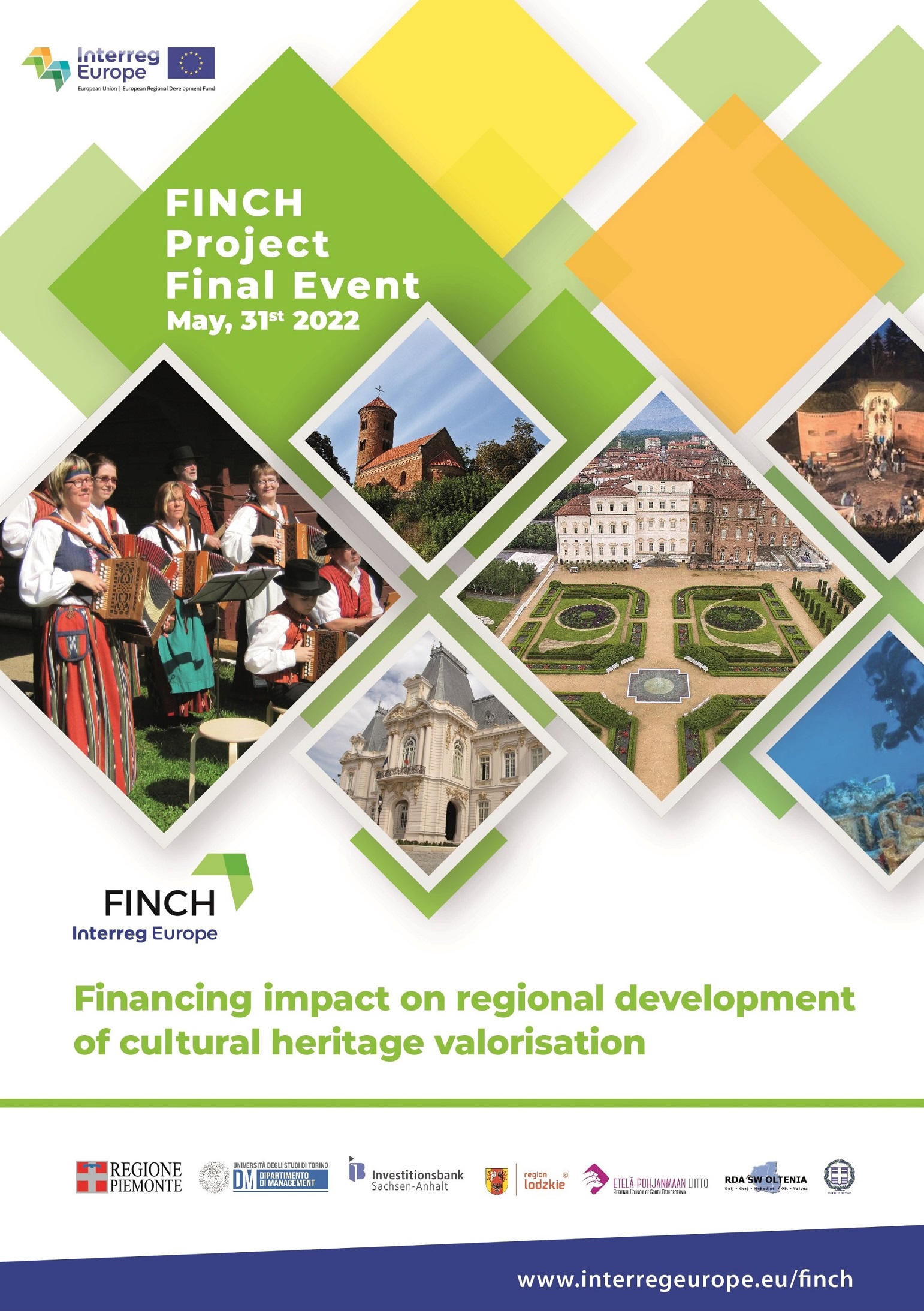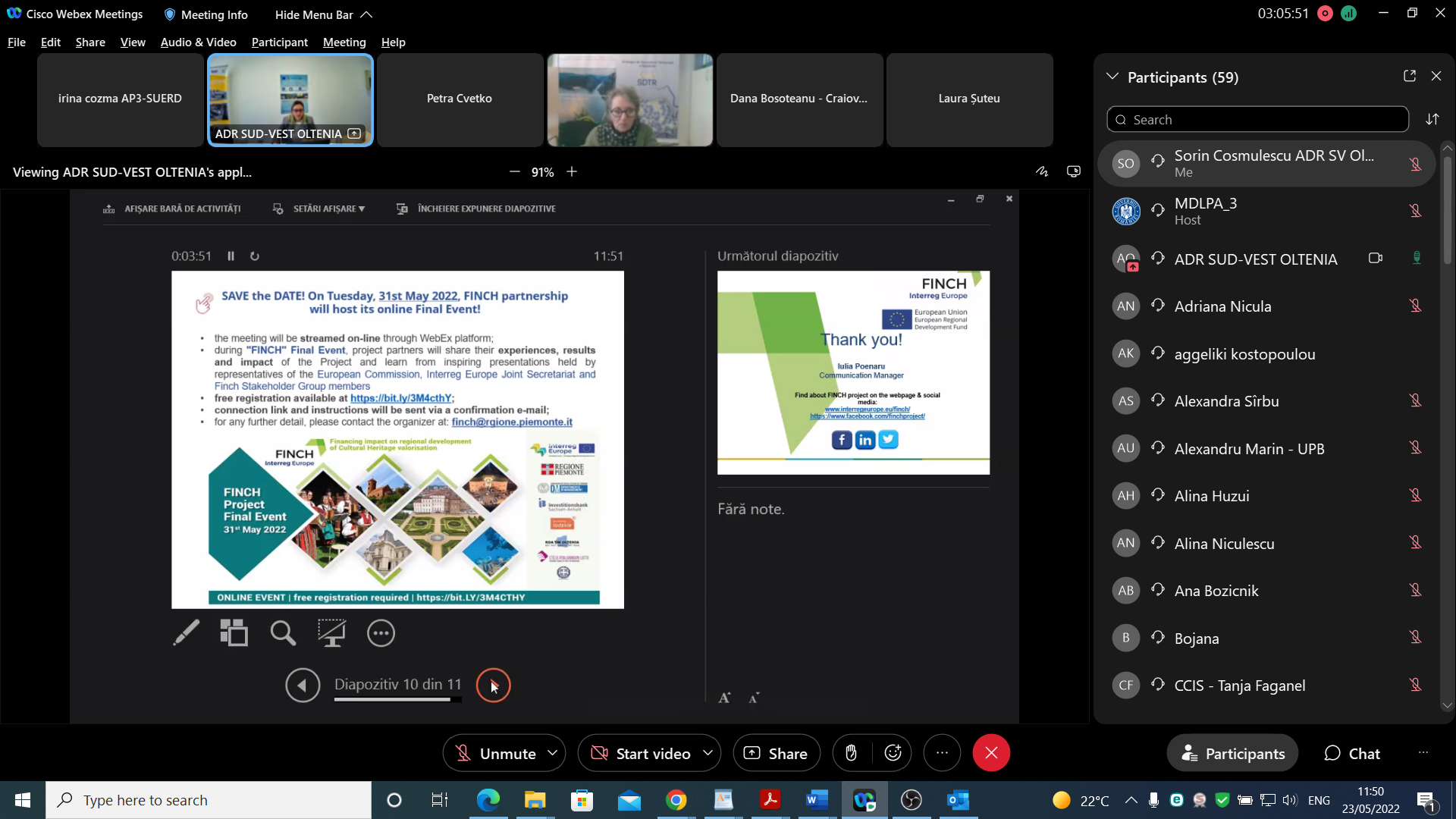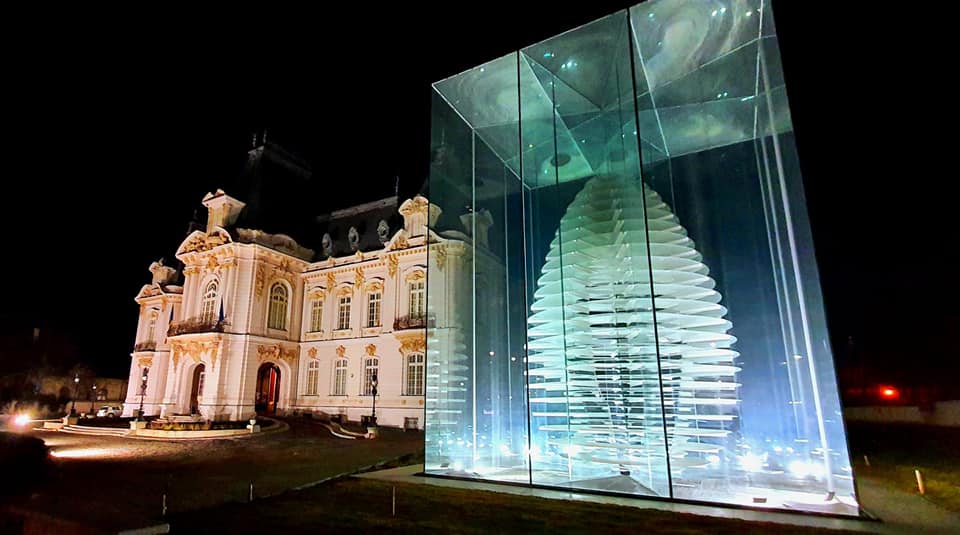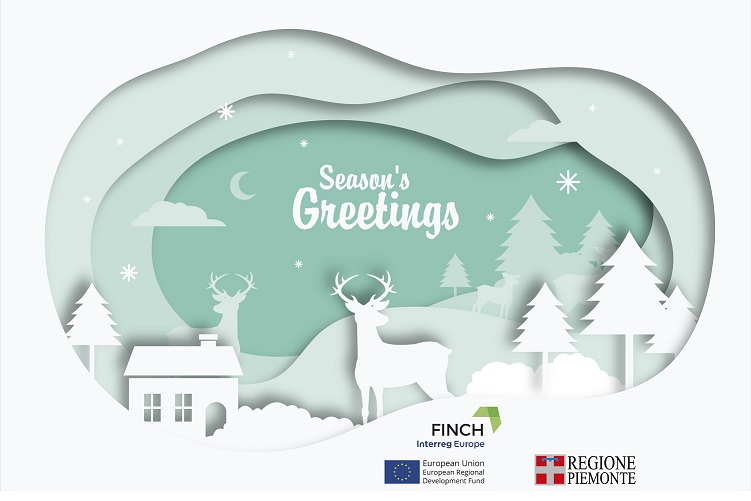The 20th of June 2019 in Bruxelles the University of Turin, on behalf of the entire partnership of FINCH project, attended the Interreg Europe Policy Learning Platform workshop on Financial Instruments for the Low-carbon Economy.
The workshop has been and intensive and technical full day meeting giving the possibility for Interreg Europe project partners to exchange experience and knowledge in the area of financing options for large-scale energy efficiency refurbishments and other low-carbon economy investments.
It has given to the representative of many IE projects the possibility to hear about latest developments regarding Financial instruments (FI) at EU level including changes in the next financing period, to examine setups for diverse types of financial instruments, to learn how financial instruments have been set up step by step in some EU regions successfully and to understand what legal aspects need to be taken into account.
After a first session providing an introduction to financial instruments, establishing the EU framework, and giving guidance on how to establish financial instruments, the workshop has presented seven case studies from across Europe, for regions with no own funds, some own funds, and lots of own funds.
The afternoon session has been organized in round table, giving participants the chance to have discussions with the good practice owners. This session has been particularly fruitful and, even if FINCH project is not targeting directly energy efficiency, many common points emerged:
- first of all the common understanding that FIs are a delivery mode and not an objectives, and that these must be targeted to projects generating incomes;
- second that the reduction of CO2 emission and the achievement of energy savings are common goal of every kind of refurbishment, restoration and valorization of building, both historical or not;
- third, that public-private partnership are central in this kind of interventions, with a focal point on green public procurement or circular procurement.
The day ended up with a session on European support available for regions looking to develop financial instruments, with presentations from the Executive Agency for Small and Medium Enterprises (EASME) and the European Investment Bank.
Once again emerged that Financial Instruments have a number of benefits compared to grant-based funding, mixing public and private funds to stimulate investment. Financial Instruments use public money to leverage investment from the private sector by de-risking investments and offering long-term orientation, whilst the revolving nature of the instruments ensures that funds, plus interest, return to the instrument for re-investment. Since funds must be repaid, there is also an incentive for better performance than grant-based funding.
Last but not least (on the contrary, one of the most important issue): one of the key challenges relates to deciding what type of instrument to establish and what sort of products to offer. A number of financial products can be used to distribute funds and leverage private investment from financial institutions. The type of product to be provided depends on the policy aims and the market flaw to be overcome, as well as on the target audience and the scale of the investment required.
